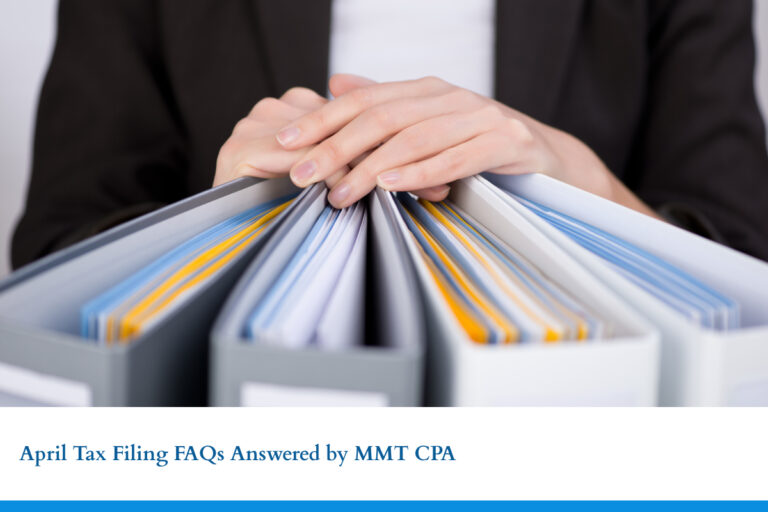Graduating and landing your first full-time job is a big milestone, but it also means you’ll be filing taxes independently for the first time. If you’re used to being a dependent on your parents’ tax return, the process can feel overwhelming. Don’t worry—we’ve got you covered. Here’s a straightforward guide to help you navigate the 2024 tax season like a pro.
Step 1: Gather Your Essential Documents
Before you start, make sure you have:
- T4 Slip – Provided by your employer, this outlines your earnings and tax deductions.
- Tuition and Education Credits (T2202) – If you had eligible tuition fees from your last year of school, you may still be able to claim them.
- RRSP Contributions – If you’ve started saving for retirement, you may be eligible for deductions.
- Receipts for Tax-Deductible Expenses – This includes moving expenses (if you relocated for work), student loan interest, and eligible work-from-home costs.
Step 2: Understand Your Tax Bracket
Now that you’re earning a full-time salary, your income may push you into a different tax bracket than when you were a student. Canada has a progressive tax system, meaning the more you earn, the more tax you pay on higher income portions. Use the Canada Revenue Agency (CRA) tax bracket breakdown to estimate your tax liability. Your province will also have different tax brackets, so look at British Columbia’s and Alberta’s.
Step 3: Maximize Your Tax Credits & Deductions
As a new graduate, here are some tax credits and deductions that can help lower your tax bill:
- Basic Personal Amount – A standard deduction that reduces taxable income.
- Tuition Carry-Forward Credits – If you didn’t use your tuition credits while studying, you might be able to apply them now.
- Student Loan Interest Deduction – You can deduct the interest if you’re repaying a government student loan.
- Moving Expenses – If you moved at least 40km closer to your first job, certain expenses (like transportation and storage) may be deductible.
Step 4: Decide How to File Your Taxes
You can file your taxes in a few ways:
- Online with NETFILE – The CRA’s online system allows you to submit your return electronically.
- Using Tax Software – Many programs (such as TurboTax, Wealthsimple Tax, or UFile) make tax filing easy.
- Through a Tax Professional – For personalized tax advice, an accountant can help ensure you maximize deductions. If you worked as a freelancer, in multiple provinces, or are confused about whether you can claim tuition, it is best to work with a tax professional.
Step 5: Avoid Common Tax Mistakes
- Forgetting to File on Time – The 2024 tax filing deadline for most Canadians is April 30, 2025. Missing this date may result in penalties.
- Not Reporting All Income – If you had side gigs, freelance work, or investment earnings, these must be reported.
- Overlooking Deductions – Many first-time filers miss out on tax-saving opportunities. Double-check eligible credits before submitting.
Step 6: Plan for Next Year
Now that you’re earning a full-time income, it’s a good time to think about tax planning strategies for the future:
- Contribute to an RRSP – Reduces taxable income and helps you save for retirement.
- Set Up a TFSA – While not tax-deductible, investments grow tax-free.
- Review Pay Stub Deductions – Ensure you’re withholding the right amount of tax to avoid surprises next tax season.
Filing taxes as a new graduate doesn’t have to be stressful. By understanding your tax obligations, taking advantage of credits, and planning ahead, you can file confidently and potentially get a tax refund. Need personalized tax advice? MMT CPA in Calgary and Vancouver is here to help you easily navigate your first Canada tax season.
Contact us today to ensure your 2024 taxes are filed accurately and efficiently.





